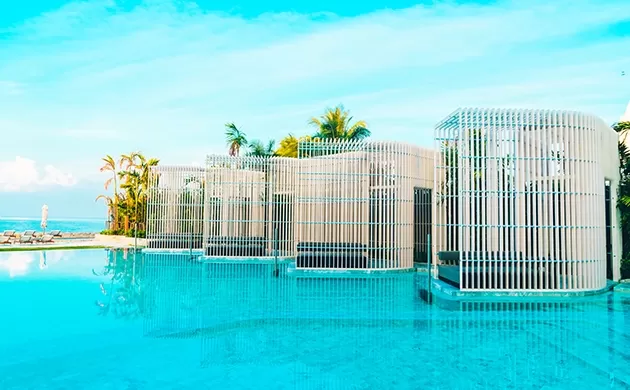Choosing a Heat Cool Pump
There are various features to consider when choosing a Heat cool pump for your home. These include the type of water used for heating and cooling, inverter technology, and efficiency. Some models also have better distribution and efficiency. However, if you are unsure about the type of heat pump you need, you can consult an HVAC contractor. The contractor will also source the necessary parts. If you hire a contractor, you must be sure he knows the type of heat pump you need.
Air-source heat pump
An air-source heat pump can be an excellent solution for your home. These efficient heating and cooling systems are easy to install and can last for 20 years or longer. They are also very low maintenance, requiring only occasional cleaning and a yearly service. As with any home upgrade, choosing the right contractor for the job is important. To find a contractor, you can talk to neighbors, read reviews online, and speak with local contractors. These professionals can evaluate the pros and cons of installing a heat pump in your home and help you choose a system that fits your requirements.
An air-source heat pump usually has an outdoor unit and an indoor unit. It consists of a compressor and an expansion valve that transports refrigerant through a loop. As the refrigerant flows through the system, it absorbs heat. This heat energy is then used to heat or cool your home. Unlike other home heating and cooling systems, an air-source heat pump requires minimal maintenance. However, you should be aware of the risks involved in maintenance.
Direct expansion (DX) heat pump
A Direct expansion (DX) heat pump is an efficient, four-sealed device for heating and cooling. Its components include a compressor, evaporator, condenser and expansion device. Refrigerants transfer energy from outside to inside the unit through a closed, sealed circuit. This technology has been around for over 200 years. The DX heat pump is more efficient than older heat pumps and has many benefits.
The Direct expansion (DX) heat pump can remove most of the piping and ductwork. It allows for easier installation and lower overall system costs. Direct expansion heat pumps use an evaporator coil inside the space to absorb heat from the air. This design is ideal for smaller spaces requiring minimal wall or ceiling space. The Direct expansion (DX) heat pump also has an advantage in that individual sections can be operated independently without running the entire system.
Inverter technology
Inverter technology for heat and cool pumps have several benefits, including reduced noise and efficiency. This technology can help heat pumps and air conditioners operate more efficiently and effectively while providing a more consistent temperature. It can also increase the system’s lifespan by improving its performance over time. To learn more, read on. This article will cover some of the benefits of this new technology and how it can improve the efficiency of heat and cooling pumps.
The ATTACK Inverter R32 Air / Water Heat Pump is an energy-efficient heat and cooling system. Its two-stage enhanced enthalpy technology provides stable operation in cold and hot climates. This system can heat at 100% capacity at -5 degrees Fahrenheit and cool at 115 degrees Fahrenheit. This system can communicate with a backup heat source and works efficiently even when extremely high temperatures.
Proper water quality
The first step to choosing the right water for your heat and the coolant pump is determining the water’s quality. Water quality varies by region. For example, the Bahamas’ water is significantly different from the Great Lakes’ water. If unsure, ask a plumber or plumbing contractor to test the water for you. A general rule of thumb is to choose water that is clear and free of impurities.


